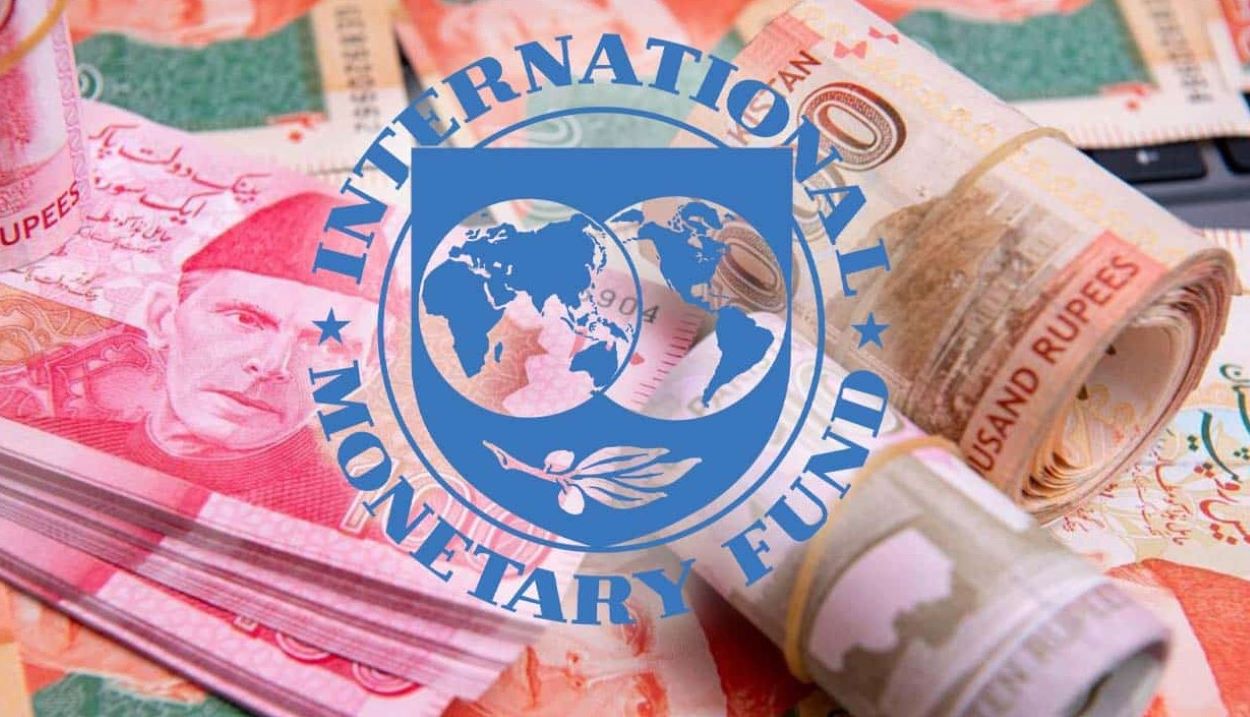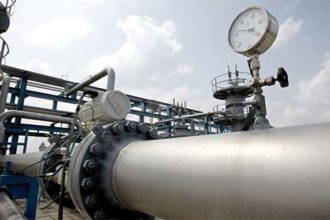The International Monetary Fund (IMF) has recommended that Pakistan introduce new taxes totalling approximately Rs1.3 trillion in its upcoming budget. This move would increase the Federal Board of Revenue’s (FBR) target to Rs12.3 trillion. The proposed taxes amount to 1% of the projected size of next year’s economy.
The IMF intends to collect half of these taxes from salaried and business individuals. Its final Tax Diagnostic report suggests reducing the number of income tax slabs for salaried individuals to four, significantly raising their tax duties.
Upcoming IMF mission-level discussions will address the proposed Rs1.3 trillion tax increase as part of the next bailout package. The government aims to negotiate this demand, focusing on the impact on the salaried class.
Tax authorities expect a shortfall of Rs175 billion to Rs200 billion in tax collection, mainly due to ongoing legal disputes over taxes. Legal issues have tied up nearly half of the Rs415 billion in additional taxes from the previous budget, disrupting the budget process.
The FBR has informed Finance Minister Muhammad Aurangzeb that a 19% increase in tax collection is possible without new measures, projecting about Rs 9.2 trillion this fiscal year. Without new measures, it could collect close to Rs11 trillion next year.
To achieve a 10% tax-to-GDP ratio next year, the target must be about Rs12.3 trillion. Accepting the IMF’s Rs1.3 trillion tax proposal would require a 33% increase from this year’s collection, raising the target by approximately Rs3.1 trillion above this fiscal year.
The government is considering tax increases in retail and eliminating sales tax exemptions on agricultural inputs and machinery. It currently imposes a 15% sales tax on transactions by garment-related businesses registered through POS systems and plans to increase this rate to 18%.
According to the finance ministry, Muhammad Aurangzeb emphasized the need to expand the tax base and speed up the FBR’s digitization during a meeting with a foreign bank delegation.






